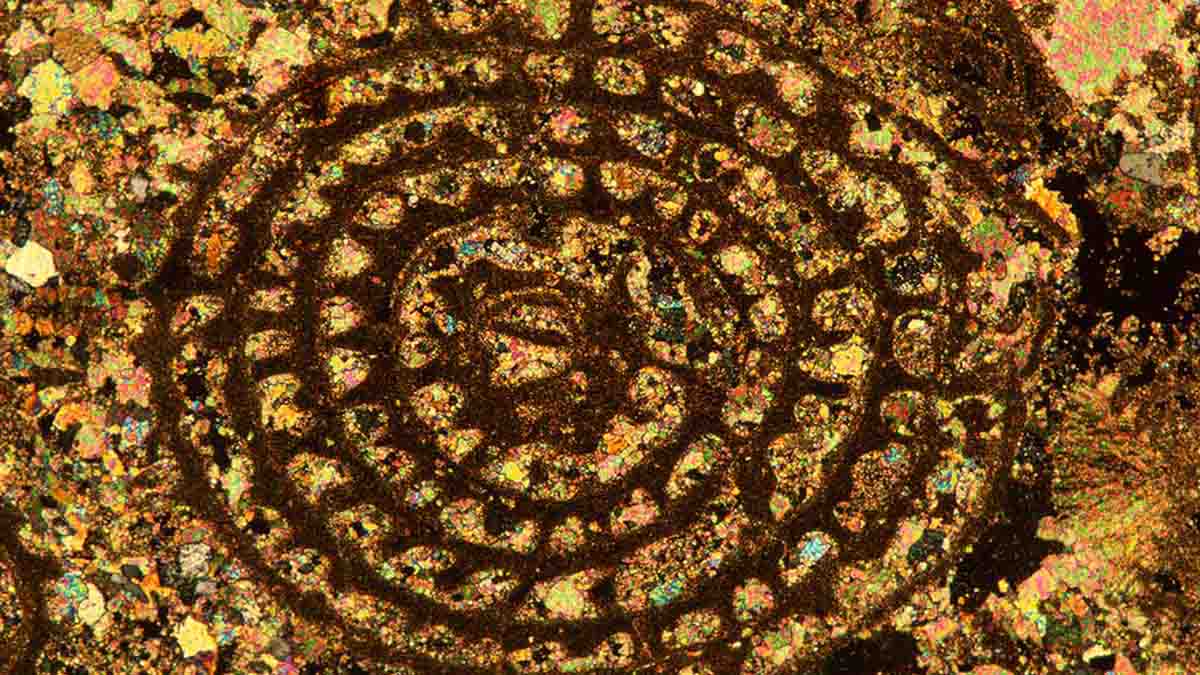Ocean oxygenation

Oxygen is critical to the health of all higher life. In the oceans, dissolved oxygen concentrations have declined by 2% since 1960, a trend expected to continue in the future. Future predictions of ocean deoxygenation carry considerable uncertainties, some of which relates to a poor understanding of the long-term natural ocean oxygen cycle and the contribution of different oceanographic drivers.
The Fate of Ocean Oxygenation in a Warming World (FARGO) project, led by Future Leadership Fellow, Professor Babette Hoogakker, seeks to answer why, and to what extent, seawater-dissolved oxygen concentrations may change in a warming world. The project aims to significantly advance understanding of the long-term ocean oxygen cycle and its drivers, using palaeoceanographic reconstructions and climate model simulations across three key warm periods in the geological past: i) the closure of the American sea-way, between 4-15 million years ago; ii) the mid-Pliocene Warm Period, 3.3 to 3 million years ago; and iii) Pleistocene interglacials of the last ca. 800,000 years.
The project will reconstruct oxygen levels during these periods using novel multiple-proxy methods, focussing on the largest and currently least oxygenated ocean basin: the Pacific. This includes the use of geochemical information contained in the calcite shells of microscopic fossil foraminifera, to assess is there have been changes in the natural extent and intensity of the shallow Pacific Ocean oxygen minimum zones, or ocean dead zones, during these periods.
The novel reconstructions will feed IPCC-type climate model simulations and identify routes to improve these. FARGO will carry out simulations for future warming scenarios including 1.5 and 2 degree rises.
FARGO's unique new datasets of O₂ and oceanographic drivers will provide am improved understanding of links between climate variability and ocean chemistry changes, helping to predict the possible impact of climate change on oxygenation of the oceans.
Total award: £1.2M
Funder: NERC Fellowship
Lead: Professor Babette Hoogakker